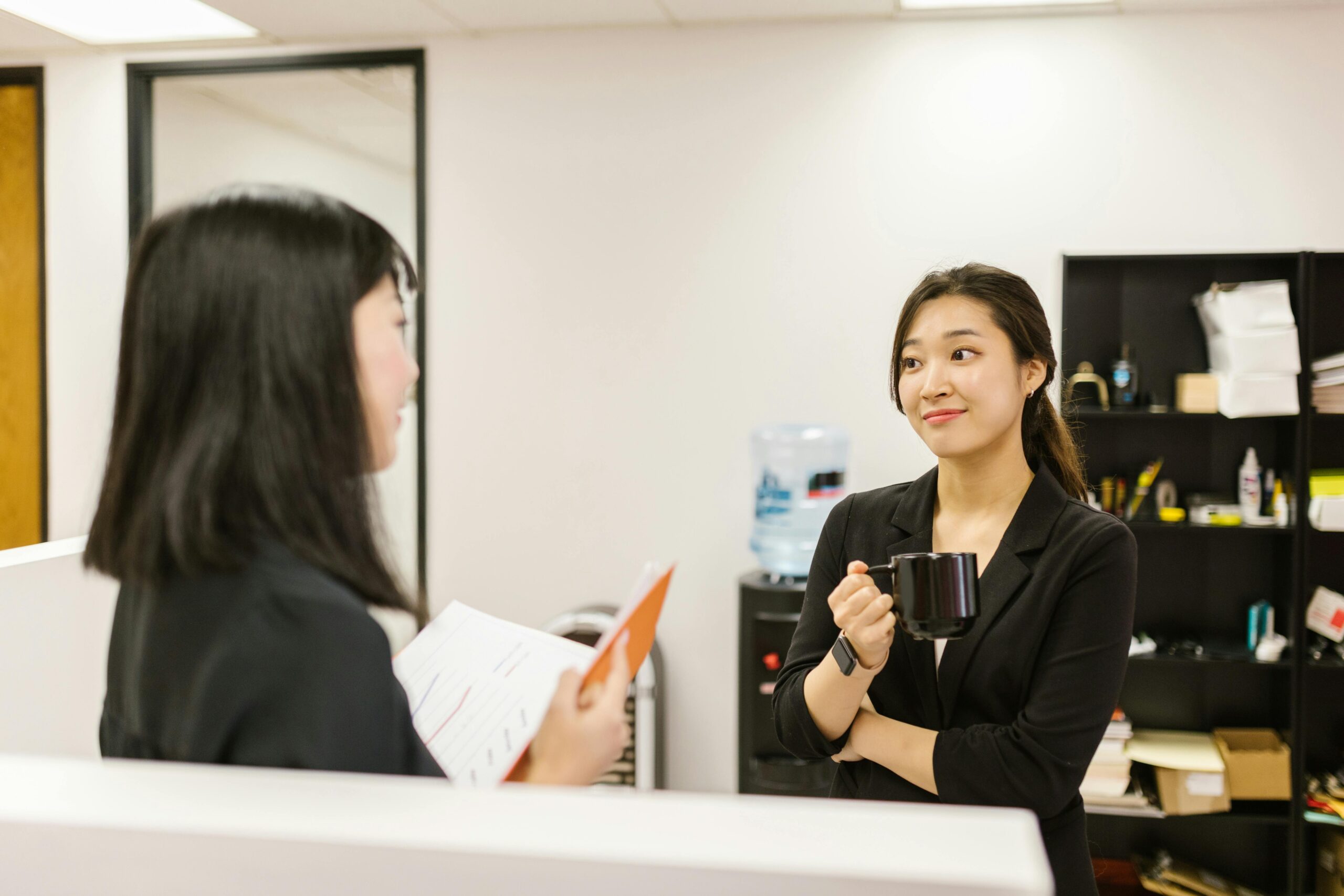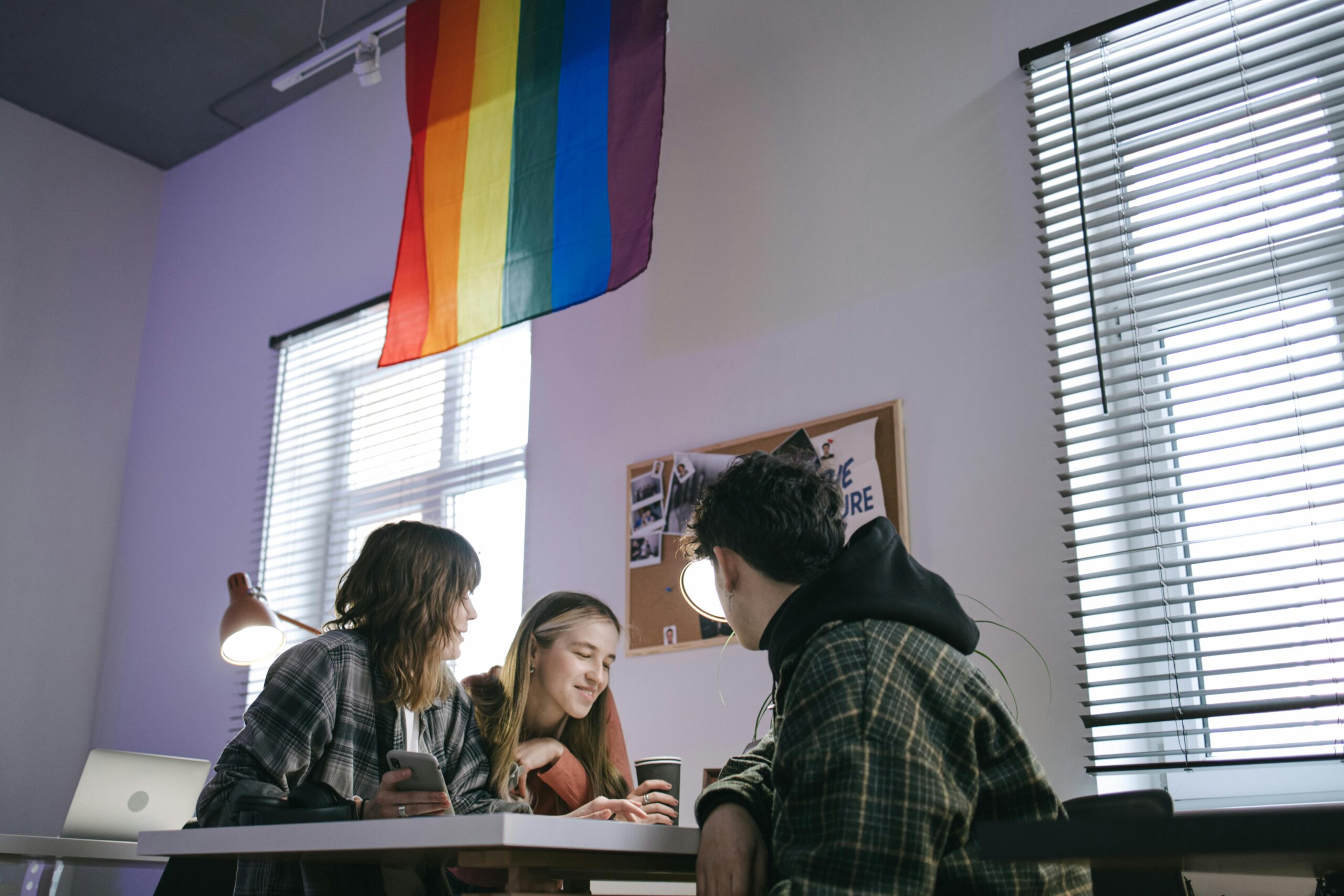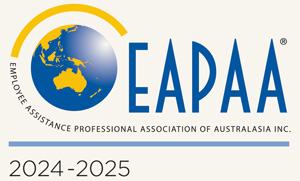Could couples counselling (marriage counselling) help you beat the odds when the going gets tough? Couples counselling can improve your relationship and communication, and maybe get you back on the road to a happier future.
Why Couples Counselling?
If you are seriously concerned about your relationship and wonder if it needs help, chances are it does. Research has shown that couples often wait many years after they first notice problems before seeking couples counselling. This makes couples counselling less likely to be effective, and it can take longer. Long-term resentment can sabotage couples counselling because the desire to have your relationship work is a key to success. So the earlier you decide to seek couples counselling the better.
What Happens in Counselling?
When you meet with the couple’s counsellor, you will share information, explore issues, and clarify the difficulties that you have faced. The counsellor will encourage you to express yourself more fully and to listen more carefully than you may have been accustomed to doing in your relationship. Important questions will be asked about your communication, the time you spend with each other, and the pattern of closeness you experience – the moving toward and away from each other. All of this helps your counsellor assess the duration and intensity of your conflict so mutual goals can be established
Couples counsellors often meet with clients individually to gather information about past relationships and life events. These experiences affect relationships and can give clues to strategies for change.
“What will change or be different in your relationship if couples counselling is successful?” Answering this question can help you know when your goal has been met or when couples counselling should end.
You and your partner may participate in activities and communication exercises at home and in the sessions. The goal is to learn skills to enjoy the rewards of a warm, affectionate, and supportive relationship. You will develop strategies to use in the future if difficulties return. Support from the couple’s counsellor will help reinforce the changes you learn.
Common Problems
Although couples are unique, few problems are new to couples’ counsellors. Sexual issues, money problems, children and parenting issues, religious differences, in-law difficulties, and communication issues are common struggles. Infidelity and cheating, jealousy, balancing work and home, differences in goals and values, and concerns about compatibility all bring couples into counselling.
What if My Spouse Won’t Go?
If your spouse or partner refuses to go to couples counselling, it does not mean that your relationship can’t be helped. Couples counselling often starts with one person, with the more reluctant partner joining later. Even if your partner never joins you, it is still possible to make some significant improvements in your relationship.
Who Provides Couples Counselling?
Couples counselling is usually provided by qualified counsellors who have experience and training in working with couples. Marriage and family therapists, clinical social workers, psychologists, psychiatrists, pastoral counsellors, and professional counsellors may all offer services.
How Instep EAP Can Help
Instep can help you find mental health professionals who provide couples counselling in your community.






